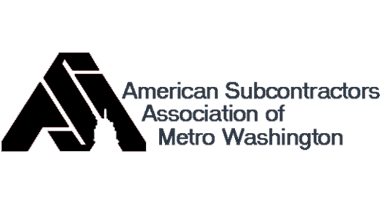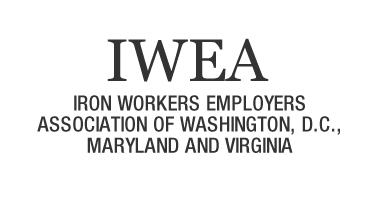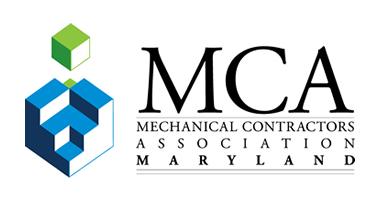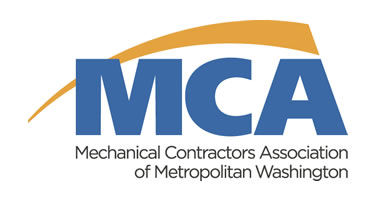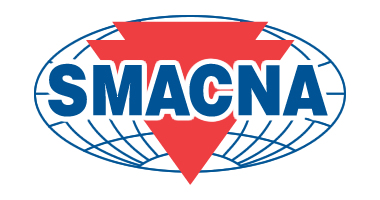
The Line hotel, which was built in Adams Morgan with taxpayer subsidies, employed Power Design as a subcontractor. The Florida-based company is accused of shortchanging its workers in one of the biggest cases of wage theft ever handled by the D.C. attorney general. (Marvin Joseph/The Washington Post)
D.C. Attorney General Karl A. Racine is suing a Florida-based electrical contractor that has worked on some of the city’s most high-profile construction projects, saying the company is at the heart of the largest wage-theft case his office has ever prosecuted.
But a District regulatory board that vets contractors says it won’t penalize the company, Power Design, and will continue to allow it to participate in an apprenticeship program highly valued by companies in the building trades.
The allegations against Power Design are concerning, said Fred Howell, chair of the D.C. Apprenticeship Council, which considers applications to the program. But because the lawsuit doesn’t involve workers in the apprenticeship program, the council isn’t responsible for holding the company accountable, he said.
“Under our purview, we can only go so far and deal with so much,” Howell said at a council meeting Thursday.
He said the council can’t be “an empirical governing body on everything that happens.”
But another member of the Apprenticeship Council asked his colleagues to consider rescinding Power Design’s apprenticeship program until the lawsuit is resolved.
“We as a council are sanctioning them on behalf of the District government,” Steve Lanning said at the meeting. “Serious issues have been raised now about the business practices that I think, we as a council, we don’t want to just greenlight this.”
Racine (D) filed his lawsuit in August, alleging Power Design misclassified 535 electrical workers as independent contractors, which kept them off the payroll and allowed the company to avoid paying some D.C. taxes. The lawsuit also said that those workers didn’t get the required paid sick leave, that at least 180 workers weren’t paid the required overtime rate and that at least 63 weren’t paid minimum wage.
In an interview, Racine said Power Design has “a business model of wage theft.”
[Racine sues Florida company for allegedly denying wages, benefits to workers on D.C. projects]
A spokeswoman for Power Design said the company denies those allegations and said if it is established that workers weren’t fairly compensated, Power Design will pay them what they’re owed.
A year ago, when Power Design was applying to the city’s apprenticeship program, Racine and D.C. Council member Elissa Silverman (I-At Large) wrote letters to the Apprenticeship Council, urging it to deny the company’s bid. They cited prior lawsuits against Power Design that accused the company of misclassifying workers and not paying overtime.
Labor activists also objected and accused members of the Apprenticeship Council of endorsing a company with dubious business practices.
Now, Silverman wants more oversight of the Apprenticeship Council to ensure that it doesn’t approve other companies accused of wage theft.
“I think we need to do more education of our Apprenticeship Council and their responsibility in making sure the law is upheld and companies are held accountable,” said Silverman, who chairs the D.C. Council’s labor and workforce development committee. “We shouldn’t be putting our tax dollars toward companies that are robbing workers of their wages.”
The Apprenticeship Council consists of 11 members appointed by the mayor and confirmed by the D.C. Council. District lawrequires companies to have registered apprenticeship programs if they contract with the D.C. government for construction or information technology work that exceeds $500,000 in a year.
Power Design has worked on high-profile District-assisted projects such as the Line hotel in Adams Morgan and the Waterfront Station residential development in Southwest Washington.
The company’s spokeswoman said that Power Design has exceeded the hiring requirements for the apprenticeship program and that there is no basis for barring its participation in the program.
“We value our partnership with the District and remain dedicated to employment and training of local workers,” she said.
At last month’s Apprenticeship Council meeting, Lewis Brown, a program manager in the Department of Employment Services’ apprenticeship office, said his agency had visited job sites, interviewed Power Design apprentices and determined the company has treated them well.
[D.C. leaders hope revamped apprenticeships can bring more residents to the middle class]
The employment services agency, which oversees the apprenticeship program, should have distanced the city from Power Design, said Elizabeth Falcon, the executive director of the worker advocacy group DC Jobs With Justice. The attorney general’s lawsuit underscores that point, she said.
“This really demonstrates how their failure to act has allowed this problem to get so big,” Falcon said.
The Apprenticeship Council approves almost every company that applies, but Power Design should serve as a cautionary tale for the council going forward, Silverman said.
“The Apprenticeship Council doesn’t take as muscular an approach as it could,” she said. “We need to take this a lot more seriously. There are other electrical contractors we can do business with who pay their workers fairly.”

